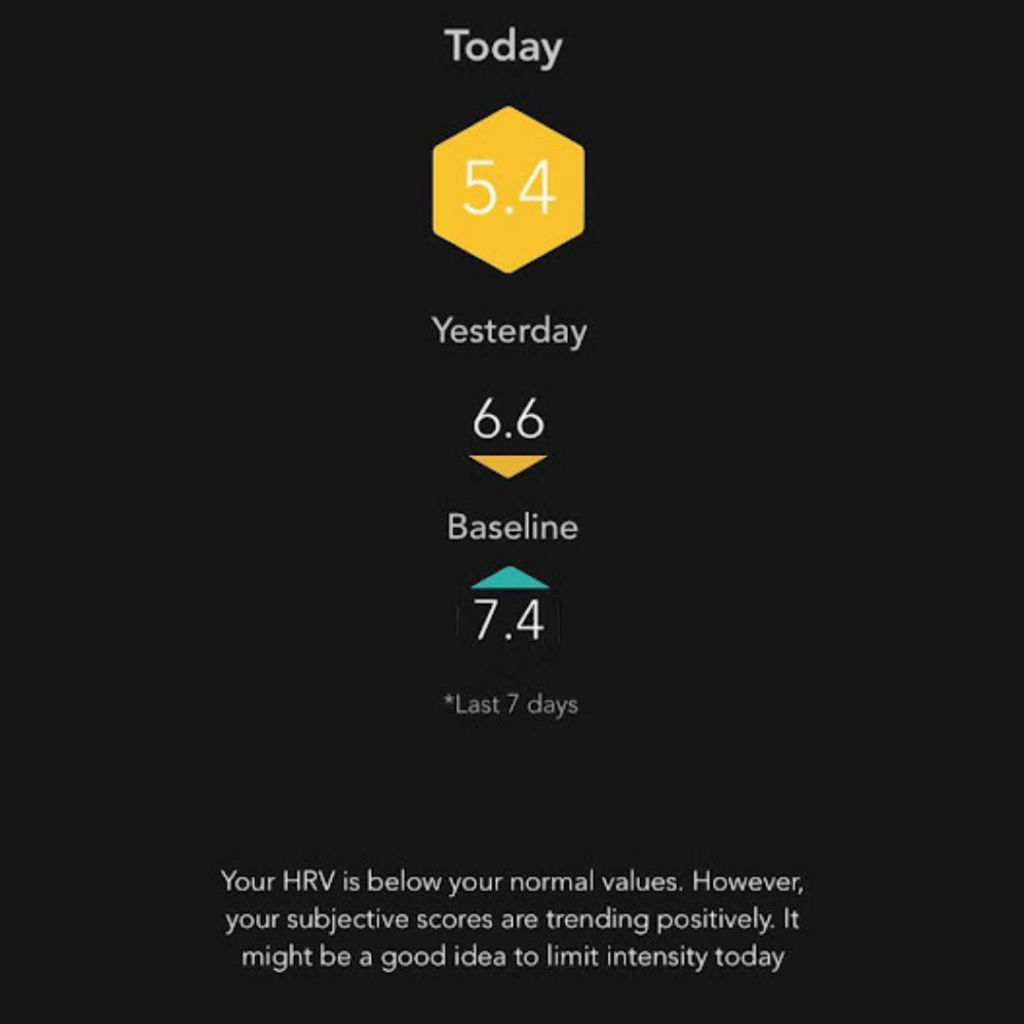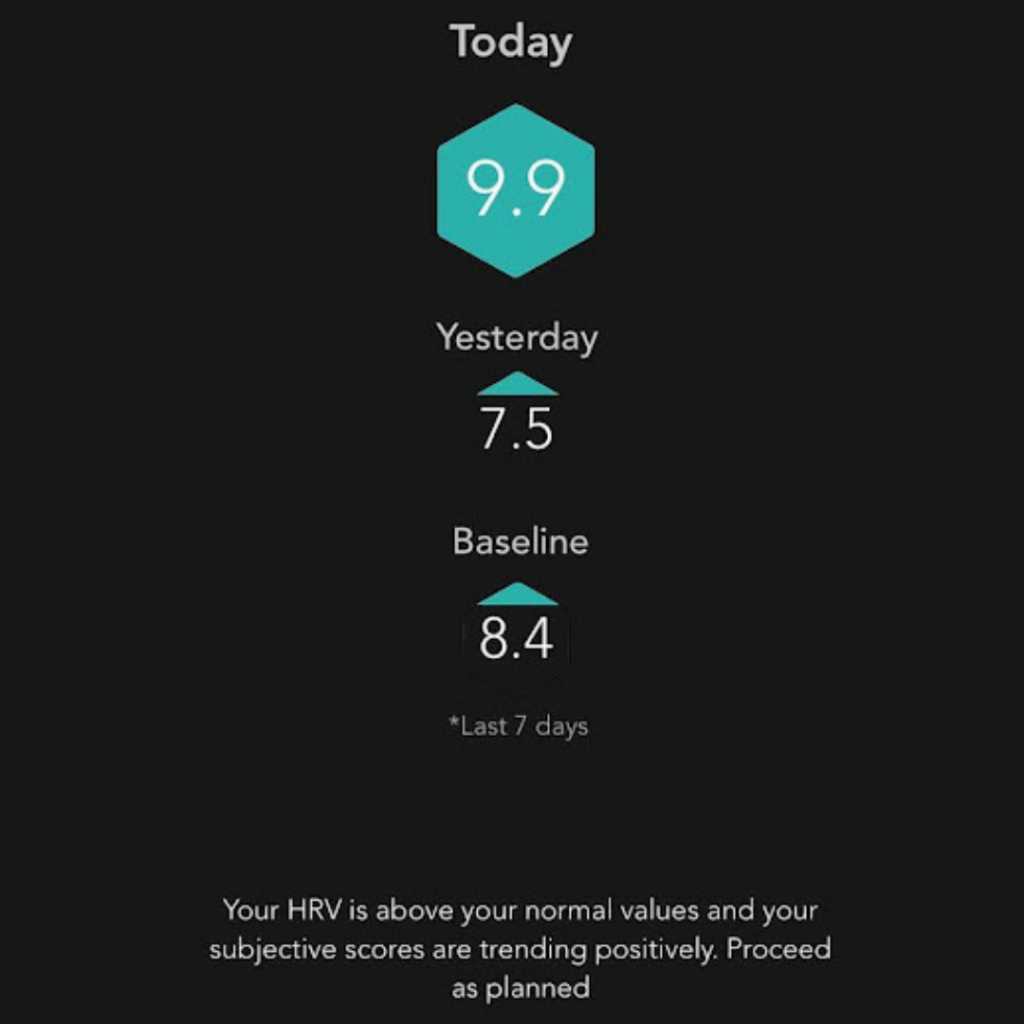Are Fitness Trackers Worth It?
June 19, 2024
Should we all get off track(ers)? From watches to rings, fitness trackers have become one of the most popular trends in both men and women to help maintain a healthy lifestyle. Whether you’re an athlete aiming to improve performance, someone striving to shed a few pounds, or simply looking to enhance your overall well-being, fitness trackers are marketed to be the game-changer that you need.
These sleek, wearable devices have evolved from simple step counters to sophisticated health monitors, capable of tracking an impressive array of metrics that provide invaluable insights into your fitness journey. From the basics like steps and calories burned to more advanced metrics such as heart rate variability, sleep patterns, stress, basal body temperature for cycle tracking, fitness trackers offer a comprehensive look at your health and activity levels. They can help you understand your body better, set realistic goals, and stay motivated by providing real-time feedback and long-term trends.
But are they really all they are cracked up to be? Let’s dive into the good, the bad, and the ugly of fitness trackers so that you can make an informed decision about whether you really need the one you currently have or the one you are looking at getting.
Why Fitness Trackers Can Be Helpful
There is no denying that fitness trackers have come a long way in recent years and are able to track dozens of metrics. I use mine to measure stress and predict my daily abilities to avoid burnout. Everybody gets stressed (simply put: sympathetic fight/flight/freeze system is turned on). We can’t avoid stressful situations, as is life. But what we can strengthen is our resiliency, even in a measurable way.
So, when stress occurs, what exactly happens? Our levels of hormones are high, metabolism and digestion plummet, and immunity drops. All things that we want to happen, but only for a very short duration. Then, when we come out of that stressful event, we want our body to quickly move into a parasympathetic system that is turned on (our rest/digest stage) so that all of the aforementioned things can work well: digestion, immunity, proper energy/calorie storage and usage. We want to be able to reach a high high level (exercise, tigers running at us, and all that) and we want to reach a low low (relaxation, restoration, rebuilding, sleep). And we want this transition to happen quickly- that’s resiliency, how quickly we can bounce back to baseline.
But how do we measure resilience? With heart rate variability (HRV). Here are two of my days, one day showing a 9.9 (woot woot!) and the other a 5.4 (yikes, take it easy, Emily!). On the day I woke up and measured the 9.9, that means I can handle just about anything I want to that day: HIIT, errands, workflow, almost no limits. The 5.4 day, on the other hand, tells me I need to slow down, respect that my body has limits and honor them with a slower paced day, with low intensity, restorative exercise, or maybe no movement at all.


Within this tracker I can input different variables like alcohol, stress, poor sleep, travel, cycle syncing, CBD, THC, to find out what influences me. For example, many companies promote THC for sleep promotion, and while you may have your eyes closed for 7-8 hours, a fitness tracker will measure the levels of deep restorative sleep you are getting at night and you might find that the level of deep sleep needed isn’t actually reached. This is the case for me. I find that THC decreases my HRV the next day, so I limit that, and rely on CBD instead. I use HRV to know my limits. I tend to run, run, run, so for me, it’s a limiting factor of intensity. I use it to help me learn when I should slow down, not when I need to speed up. Throttle on, peddle down is my baseline. It’s a great tool to understand your baseline, what alters it for the positive and the negative.
Biometrics Scale vs Traditional Weight Scale
One fitness tracker that isn’t wearable that I do believe in is a biometric scale. A biometrics scale offers a comprehensive health analysis beyond mere weight measurement, making it superior to a traditional weight scale. It provides insights into body composition metrics such as body fat percentage, muscle mass, bone density, and hydration levels, allowing for a more nuanced understanding of one’s health. This holistic approach enables users to track their fitness progress more effectively, set personalized health goals, and make informed decisions about diet and exercise, leading to better overall well-being. I personally use Oxiline and the Fitdays app to get things like muscle mass to fat mass ratio- its about body composition.
Why Fitness Trackers Can Be Harmful
Now for the flip-side. My holistic approach to health incorporates more intuitive-style eating and exercise versus numbers, metrics, extrinsic goals like “walk X many steps” today, or “eat X many grams of protein”. For the most part I find fitness trackers tools disconnect your body from your mind in relation to health, similar to scales and counting calories.
I had a client who would check his fitness tracker after dinner, see that he was purportedly short in daily protein intake so would eat a protein bar. He wasn’t hungry, nor did he want it. He was just listening to a metric that was outside of his body and brain. Since working together, he hasn’t logged his food, he’s fostered a mind-body relationship, allowing him to eat when and what he wants, to satisfaction and pleasure, on his own terms. He stopped allowing a device to tell him how much (or how little) food he could eat.
What these trackers don’t take into account is everything that makes us human. It doesn’t factor in your neck tension, your need to keep up with your family’s busy schedule, or your emotional state when presented with a difficult situation that is out of your control and simply put- unavoidable.
I had another client who received awful news and didn’t listen to her need for mental and physical rest but instead listened to her tracker beeping “Get moving”. She depleted her body of the last fuel reserve it had, leaving nothing for the next day. Since the body listens to the mind, emotionally drained can become physically depleted. This, on repeat, is how burnout happens.
EMF Exposure
Fitness trackers, like many wearable devices, emit electromagnetic field (EMF) radiation, which has raised health concerns in recent years. Prolonged exposure to EMF radiation can potentially lead to adverse effects on the human body, including disruptions in sleep patterns, increased stress levels, and potential impacts on cellular function due to the constant proximity to sensitive areas such as the wrist or fingers. While the levels of EMF radiation from fitness trackers are generally low, continuous exposure raises concerns about long-term effects, particularly as these devices become an integral part of daily life.
Some of the symptoms associated with low-level exposure to EMF, which is also known as electromagnetic hypersensitivity (EHS) include:
- Skin: Redness, tingling, burning, prickling, rashes, and itching
- Nervous system: headaches, fatigue, stress, sleep disturbances, concentration difficulties, dizziness, and increased anxiety
- Muscles: pain and aches not associated with workouts or over exerting your body
- Hormones: sleep hormones actually get down regulated like melatonin and reproductive hormones.
- Other: nausea, heart palpitations, digestive disturbances, tinnitus (ringing in the ear), and heart arrhythmia
While these are some of the more severe symptoms, they are still ones to be on the lookout for if you are wearing a fitness tracker and are otherwise healthy.
The Mind-Body Connection
The mind-body connection is tangible, it’s impressionable both ways- your mind listens to your body and your body hears your mind. Our goals and motivations are achievable if they come from within us, not from outside of us. Fitness trackers, scales, and counting disconnects your mind from your body, which makes you reliant on external factors and at that point you’ll never be able to obtain the goal because it no longer comes from within- an intrinsic goal. Instead of looking to achieve a number on a scale we can ask ourselves: What do we really want? Energy, confidence, strength, a disease-free life? Those are attainable, personal feelings. Trackers can be especially dangerous for some people as they can perpetuate complicated feelings for those with a history of disordered eating or exercise addictions.
Are you curious about which trackers might be right for you? Schedule a discovery call and we can figure that out together.
** Caveat: everybody’s approach to health is unique but this is mine. I only make the case against fitness trackers because it can hinder health efforts both mentally and physically. Ultimately, we want sustainable health- the wellness we want to embody so that when a tracker dies or we go on a trip and forget it, our internal voice and body cues are the only tracker that we need.